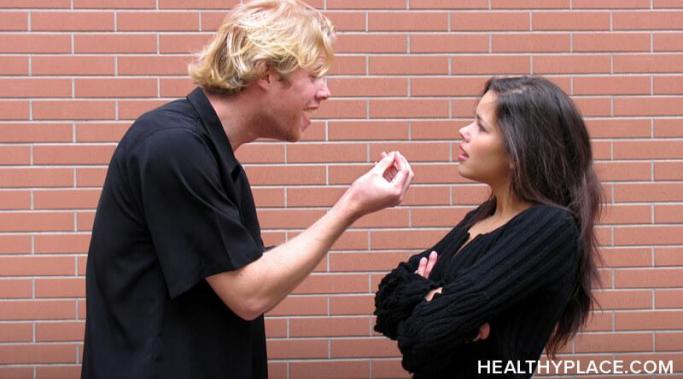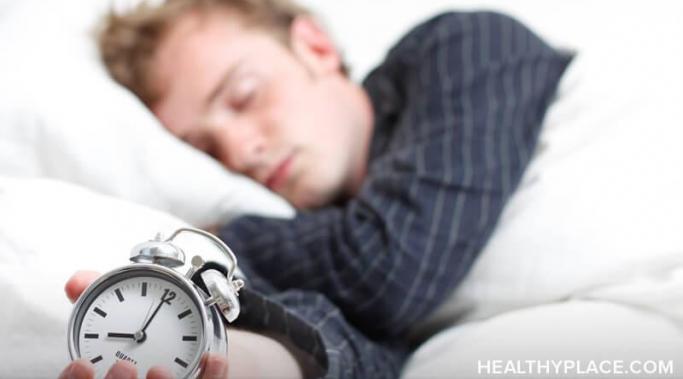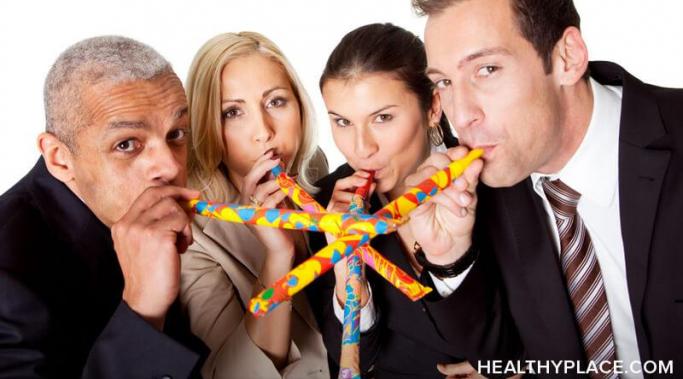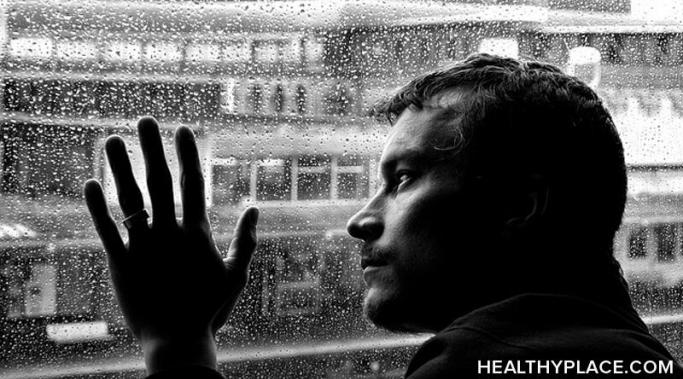I am neither a fan nor a hater of Taylor Swift. That said, I find her glorification problematic. What exactly am I talking about? I'm talking about her pandemic productivity, of course.
Work and Bipolar or Depression
When you are depressed, it might feel like a waste of time, money, and energy to go on a vacation. You are probably going to be depressed wherever you go because traveling is not going to cure you of depression. And in case you can't or don't want to travel, relaxing at home is unlikely to make your depression go away either. This begs the question: should you even take time off from work in the first place?
I have been taking antidepressants since 2018, even though they make me lazy. They are lifesavers that help keep my clinical depression down to a manageable level. However, they come with a hard-to-ignore drawback: they make me feel drowsy. I have long been one of those people who are slightly sleepy at all times. Antidepressants, while giving me clarity of thought and a will to live, make me more sluggish than usual.
Unless you live under a rock (which is perfectly okay), you must have heard of the #AntiWork movement. It probably has something to do with the pandemic and "The Great Resignation." Either way, I believe everyone, especially those with depression, should know about it.
Everyone procrastinates at some point or another, and it's completely normal. But in my experience, depression takes procrastination to a whole new level. Why is this? I guess it is because of nihilistic thinking, exhaustion, and lack of motivation, all of which can be symptoms of depression. No matter what the reason is, depression and procrastination often go hand in hand.
If you have Googled ways to improve your productivity and motivation or read career and personal development blogs, you've probably seen the phrase "eat the frog" at least once. Coined by Brian Tracy, an acclaimed personal development author, it is a famous metaphor. To quote Tracy, it is "your biggest, most important task, the one you are most likely to procrastinate on if you don't do something about it. The key to reaching high levels of performance and productivity is to develop the lifelong habit of tackling your major task first thing in the morning."
You may have noticed the phrase "The Great Resignation" in the news these days. Coined by management professor Anthony Klotz, it is a term to "predict a mass, voluntary exodus from the workplace."[1] In fact, it is more than just a term. According to Harvard Business Review, "the last several months have seen a tidal wave of resignations, in the US and around the world."[2] With so many people quitting their jobs, the thought may have crossed your mind as well. But is this move right for you?
Picture this: you are at a social event and having a reasonably good time. Then, someone you don't know walks up to you, and after some small talk, asks you, "So what do you do for a living?" If you like your job or don't care much about it, this question can be mildly irritating. But since you are used to it, you answer and move on to another topic. However, no matter how common this question is, nothing changes the fact that it is inappropriate to ask people what they do. Let's see why.
One of the symptoms of depression is the tendency to isolate oneself from others. Naturally, this need to be alone enters one's professional life too. This translates to avoiding interaction with coworkers, clients, etc. Instead of beating yourself up for being anti-social or weird, read on for what to do when you don't want to talk to anyone at work.
They say you only live once. For a person with depression and suicidal tendencies, death is not exactly bad news. I know this sounds bleak, but every one of us is sure to die someday. In fact, my "death story" is often the only thing that motivates me to work hard. Let me explain. (Note: This piece contains a trigger warning.)









